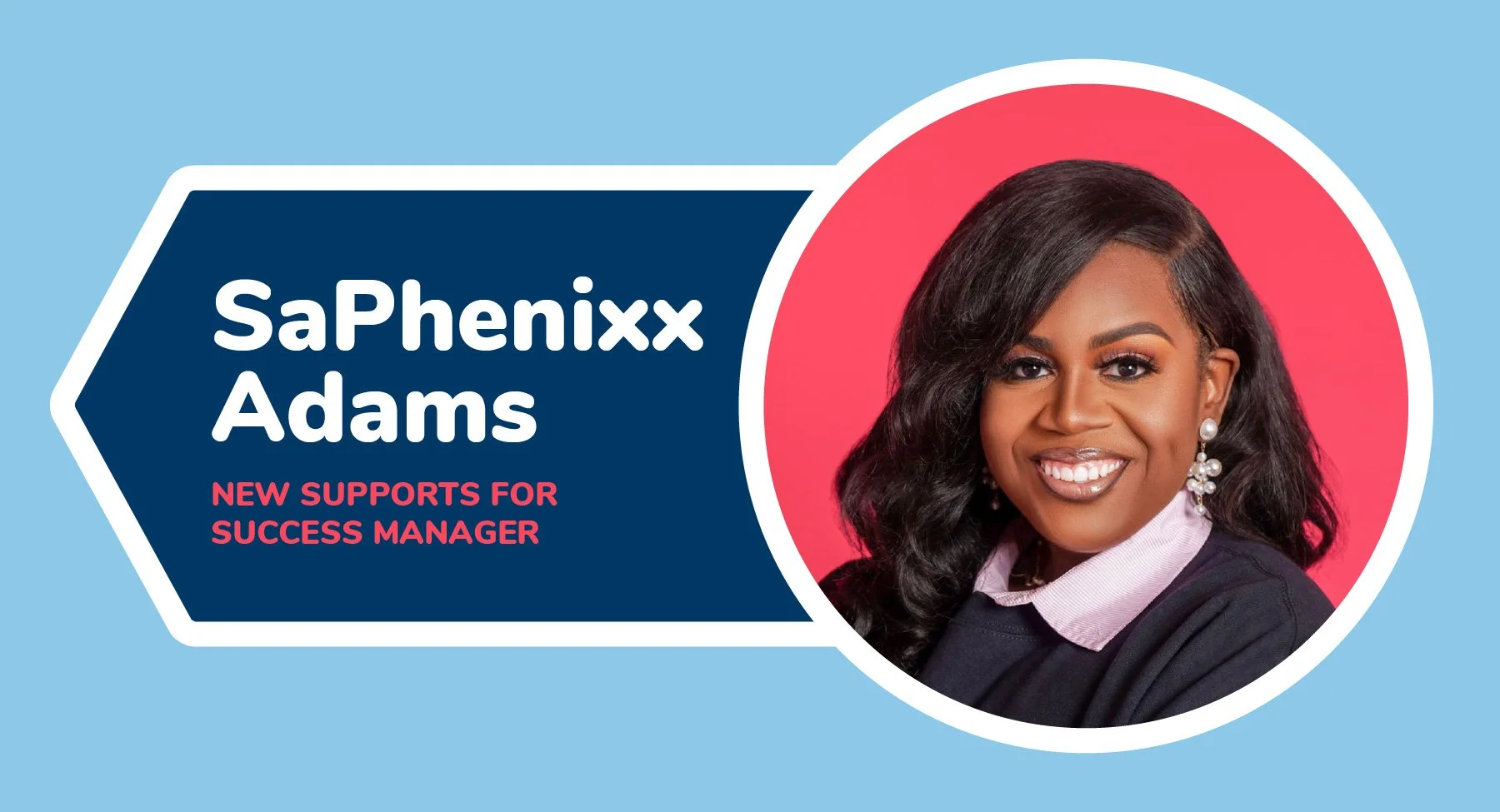Established in 1965, the Medicaid program was designed to provide health insurance to adults and children with limited financial resources. The Affordable Care Act expanded the program, allowing nearly any adult with income up to 138% of the federal poverty line to access coverage.
Since then, however, many states have been rolling back coverage. Georgia’s current program qualifies people earning up to the federal poverty level ($15,060 for an individual adult); although to receive coverage, they must first document that they’re working, in school, or performing other qualifying activities.
Georgia is currently the only U.S. state with a work requirement, although pending legal obstacles, there are plenty of others looking to follow suit.
An Impossible Task
At Emmaus House, we harness the power of community to dismantle barriers to opportunity in the lives and communities we serve, and unfortunately, an inability to access healthcare is a major barrier to opportunity.
Our neighbors with transportation barriers already face reduced employment opportunities, and for those with chronic health issues, holding a full-time job is all but impossible without sufficient health care.
A Helping Hand
At Emmaus House, we recognize that our neighbors’ healthcare isn’t a benefit of employment, it is a necessary condition for opportunity.
Our Lokey Help Center helps hundreds of residents enroll in Medicaid every year, offering medical co-pay and MARTA assistance for those dealing with transportation barriers. To learn more about how we’re supporting health and well-being in our community, click below.











